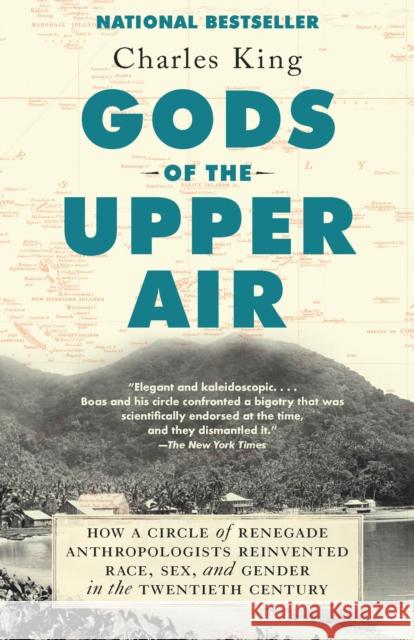Gods of the Upper Air: How a Circle of Renegade Anthropologists Reinvented Race, Sex, and Gender in the Twentieth Century » książka
topmenu
Gods of the Upper Air: How a Circle of Renegade Anthropologists Reinvented Race, Sex, and Gender in the Twentieth Century
ISBN-13: 9780525432326 / Angielski / Miękka / 2020 / 480 str.
Gods of the Upper Air: How a Circle of Renegade Anthropologists Reinvented Race, Sex, and Gender in the Twentieth Century
ISBN-13: 9780525432326 / Angielski / Miękka / 2020 / 480 str.
cena 76,02
(netto: 72,40 VAT: 5%)
Najniższa cena z 30 dni: 71,63
(netto: 72,40 VAT: 5%)
Najniższa cena z 30 dni: 71,63
Termin realizacji zamówienia:
ok. 16-18 dni roboczych
Dostawa w 2026 r.
ok. 16-18 dni roboczych
Dostawa w 2026 r.
Darmowa dostawa!
Kategorie:
Kategorie BISAC:
Wydawca:
Anchor Books
Język:
Angielski
ISBN-13:
9780525432326
Rok wydania:
2020
Ilość stron:
480
Waga:
0.44 kg
Wymiary:
20.07 x 13.21 x 2.54
Oprawa:
Miękka
Wolumenów:
01
Dodatkowe informacje:
Bibliografia
Wydanie ilustrowane
Wydanie ilustrowane











